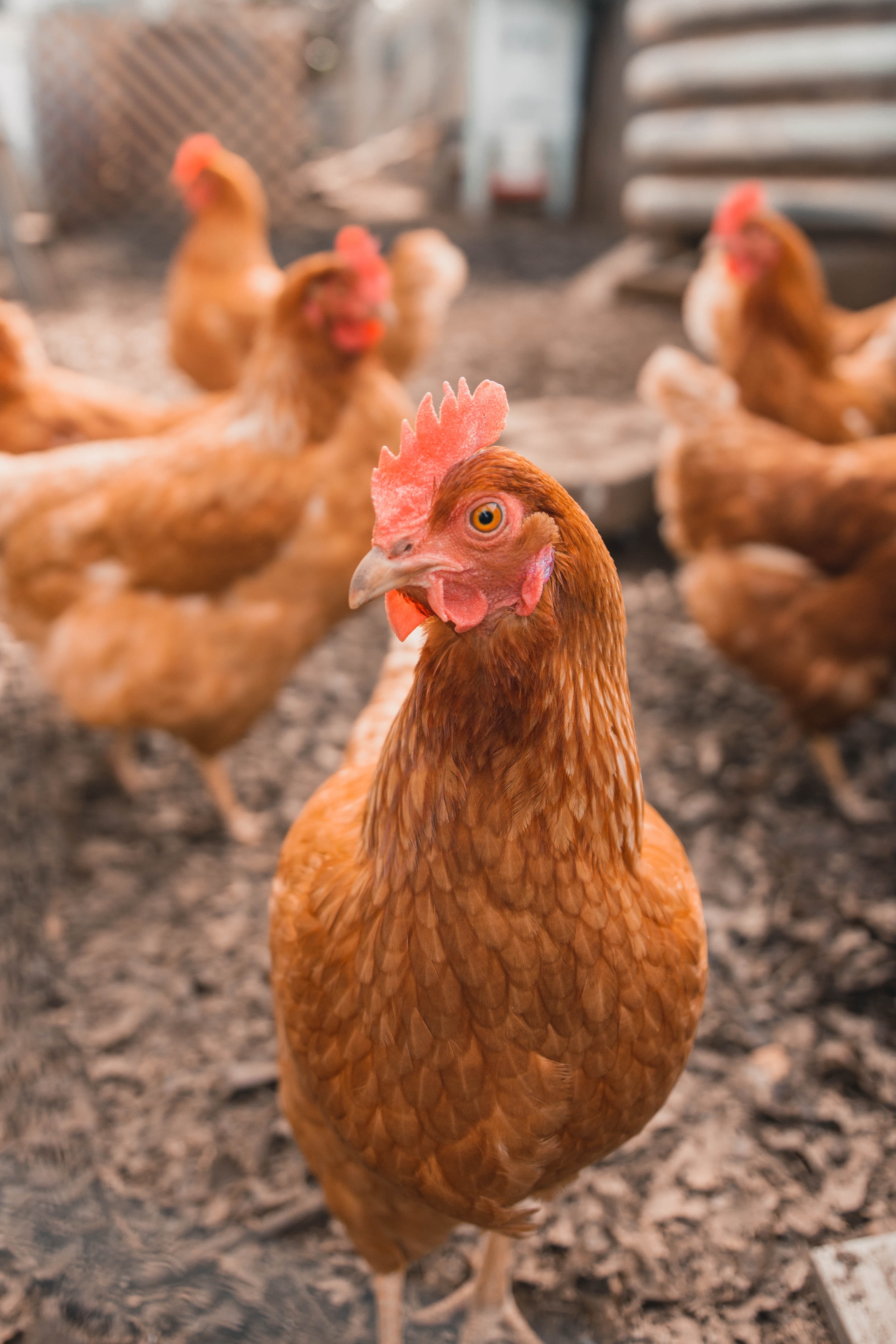I grew up butchering animals — farmed and hunted — on a subsistence farm in Missouri. I killed, plucked, and gutted. I skinned and quartered. I scaled and filleted. I cut cows’ legs off with a hand saw. I helped field dress deer. I killed and cooked chickens, rabbits, pheasant, squirrels, catfish, trout. I was a girl when I started butchering, as young as six years old.
Decades later in my 40s, I would go vegetarian, then vegan. This is the story of my path to a plant-based diet, a look at food activism in an age of pandemics, a tale of how veganism transformed my relationship with animals and the earth, and the steps I took to give up meat.
As I grew up and went off to college, I found the suction plastic slabs of grey meat at the grocery store somewhat confusing and less than palatable, but still I was a voracious meat eater. Even after I left America and moved abroad — steak, burgers, chicken, fish — I couldn’t imagine even a day without meat. I met vegans and thought they were odd outsiders.
Then I saw the documentary Food Inc. The unsettling footage inside large-scale animal processing plants hit me like a lightning bolt. I sobbed for days. A profound animal lover, I began to understand how traumatized I was from my childhood killings. And I realized I was part of a system (the food industry) that abused animals.
A spiritual awakening happened. Factory farms made my childhood butchering look idyllic. But whatever the form of butchering, I was called to give up meat. It was a strong call — a hunger strike against a system gone awry. I could not be one of those people who had the luxury of buying organic meat from local farms. The whole system had to change. And I was being called to be part of that change.
The call to go plant based is much more relevant today as we deal with this pandemic. Where Covid-19 came from is still being explored, but the link between our global health and treatment of animals is clear. We have to do something. We have to change.
“The meat that we eat today overwhelmingly comes from genetically uniform, immunocompromised, and regularly drugged animals lodged by the tens of thousands into buildings or stacked into cages…” write Jonathan Safran Foer and Aaron S. Gross in a recent Guardian article. “The fact that we know how our food system is partly to blame can empower us. We know how to strike at the single greatest risk factor for pandemics.”
For Earth Day 2020, I wanted to share the steps I took from meat eater to vegan to help anyone on the proverbial fence make the leap, too.
- Give yourself time. I allowed the transition to take a year. In fact, I took a year to go vegetarian, was a vegetarian for two years, and then took another year to go vegan and give up dairy products.
- Give up meat for just a week. See what it’s like to go plant-based for seven days. Then do another week later on, then weeks in a row.
- Give up one thing at a time. Stop eating one meat item for a month. I gave up chicken first. Then slowly give up other meats.
- Expect emotional reactions to food you’re giving up. Food is tied to family, comfort, love. When you give up fried chicken, it may feel like you’re losing your family. It can be very emotional, but stick with it.
- Notice your changing relationship with the earth. Giving up meat can be a lot like quitting smoking or drinking. A delicacy and gentleness comes to the fore, a closer connection to nature.
- Use the Vegetarian and Vegan calculators to assess how many lives and how many resources, like water, you’ll save once you’re meat-free. (For example, in one year of being vegan, the calculator shows you potentially have saved 365 animals and 401,766 gallons of water.)
- You’ll lose weight. Think of it as the world’s best diet.
- Bring a dish to dinner parties. I took care of one big problem for vegans — going to dinner parties — by offering to bring a big vegan dish to add to the meal. People are often shocked to find out they love vegan food.
- Try wild new recipes. My diet is more varied and more delicious than it has ever been, because being vegan forces you into finding new ingredients and new ways to cook.
- Think of what you’re getting, not what you’re giving up. Years into a plant-based diet, I’m healthier than I’ve been for decades. I have more energy in my 50s than I had in my mid-30s. My skin and hair glow. My acid reflux disappeared. Body pains went away. Read up on the many vegan health benefits.
- Think of how you’re part of a movement to save animals, and stop global virus pandemics. Be an activist for the healing of the planet. Be a hero.
The great news is that the plant-based movement is growing at an astonishing rate. The number of resources, from social media sites to cookbooks to websites, have burgeoned. More grocery stores have vegan and vegetarian options. More restaurants have plant-based items. What commitment can you make this Earth Day to help be part of his global healing movement?


